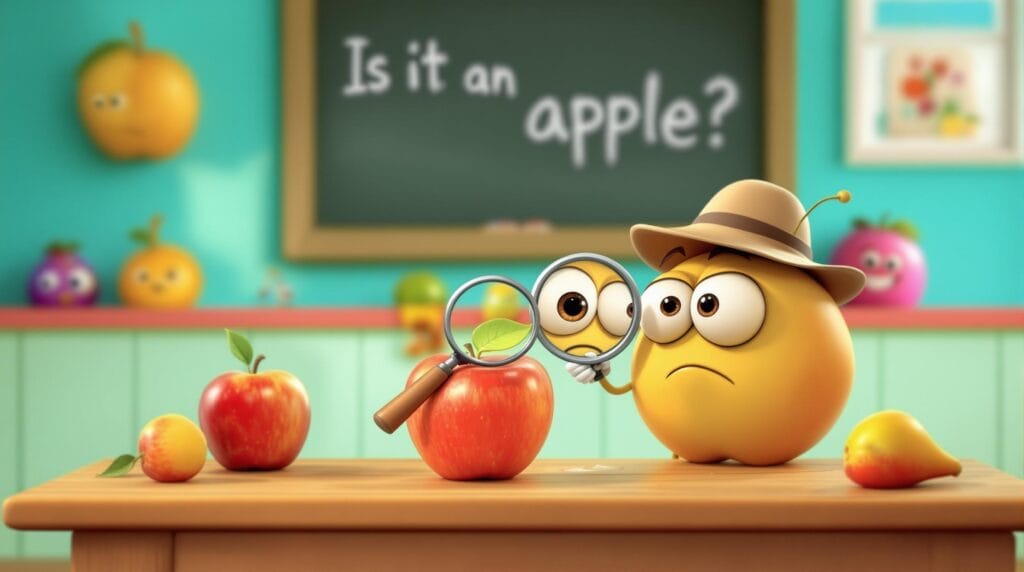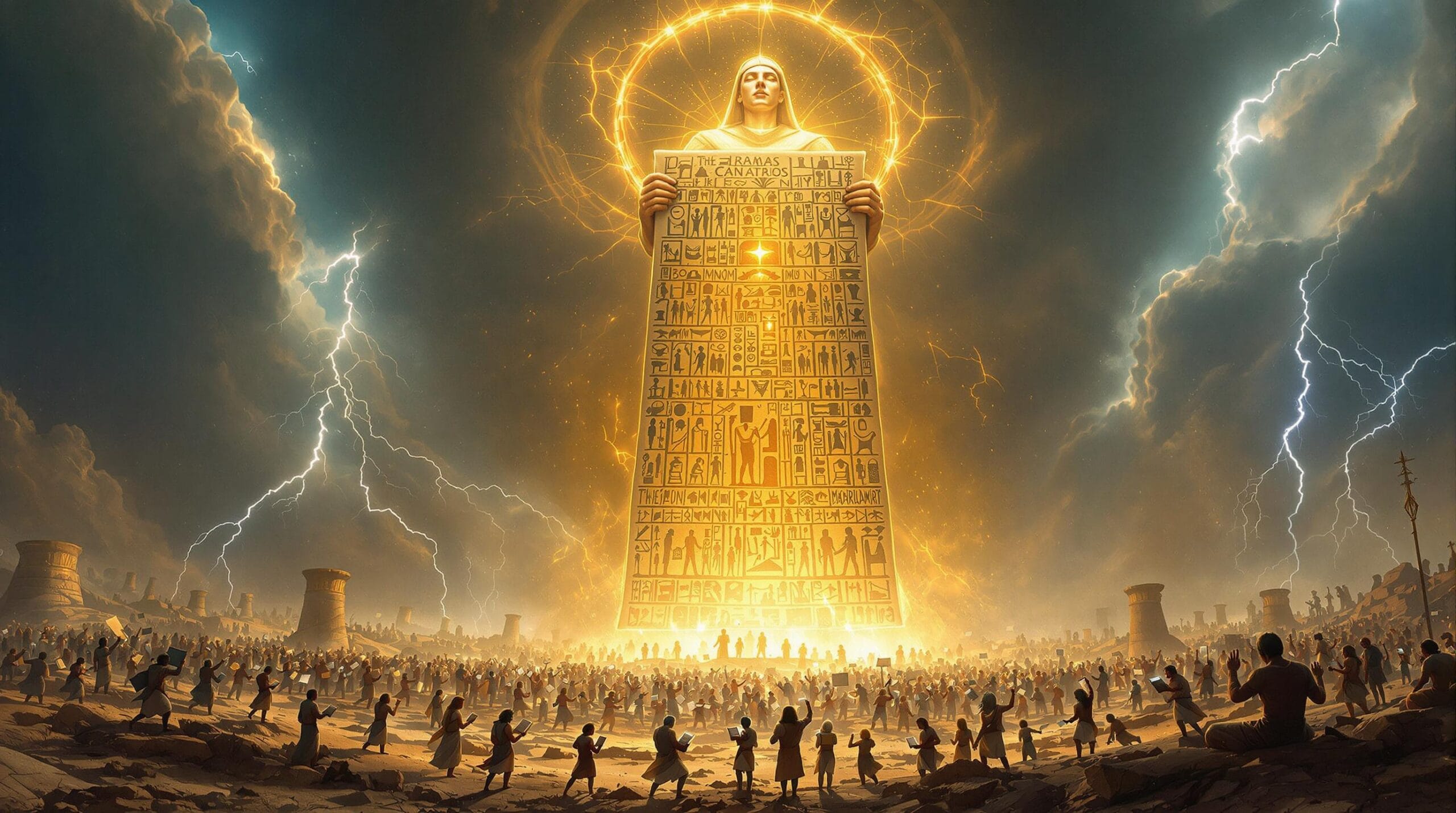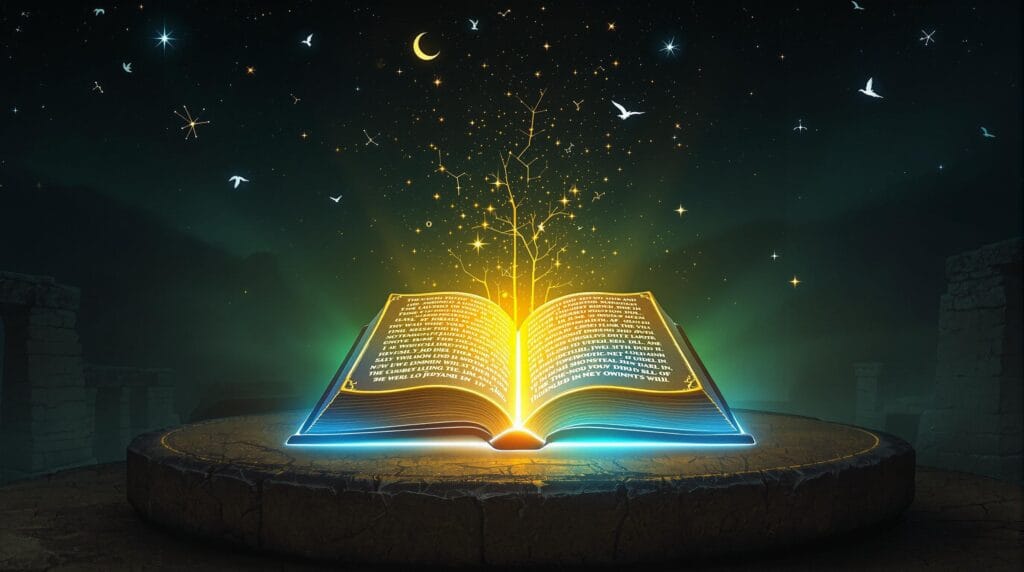In an era where knowledge is increasingly digitized, the struggle over control of books—how they are created, distributed, and consumed—has grown into a silent but fierce battleground.
The promise of ebooks was liberation: the ability to access a vast trove of literature, academic knowledge, and personal narratives from anywhere, without the limitations of physical books. Yet, the reality has often fallen short of that promise, plagued by battles over copyright, censorship, and the exploitation of readers and authors alike.
The Fragility of Digital Ownership
Consider the infamous case of Amazon's 2009 decision to remotely delete copies of 1984 and Animal Farm from Kindle devices—ironically Orwellian in its execution. The books, which users had purchased in good faith, were removed without warning because of licensing disputes with the publisher. This moment revealed the fragility of digital ownership and the immense power wielded by corporations in the ebook ecosystem.
Such incidents are not isolated. Publishers, authors, and platforms each vie for control, often at the expense of the reader. Libraries face draconian licensing terms, with exorbitant costs and restrictions on lending ebooks. Academics encounter paywalls and limited access, even to materials their institutions helped create. Authors struggle against exploitative contracts, while platforms like Amazon dictate pricing and distribution terms, reducing creative freedom.
Ask yourself: What do I think about when I’m alone?
The Reader as a Pawn
Meanwhile, readers—those the entire system should serve—become mere pawns. Digital rights management (DRM) locks them into specific ecosystems, eroding the timeless concept of book ownership. Worse still, censorship looms as a dark shadow, with books disappearing at the whim of platforms or authoritarian governments, often without recourse or transparency.
The consequences of this control extend beyond mere inconvenience. Books have long been a cornerstone of human culture, a means of preserving and transmitting ideas, stories, and knowledge. When access to books is restricted or manipulated, it is not just the individual reader who suffers—it is the collective human experience. The ability to freely read, learn, and share ideas is fundamental to what makes us human. Yet, in the digital age, this freedom is increasingly under threat.
We love how you scroll!
The Historical Evolution of Ebook Formats and Their Environmental Impact
Reimagining the Ecosystem
But what if we reimagined this ecosystem? Emerging technologies like decentralized networks, blockchain, and AI present opportunities to dismantle centralized gatekeeping. Imagine a world where authors and readers connect directly, where books are owned irrevocably, and where knowledge flows freely, transcending borders and corporate interests.
Such a vision is not without its challenges, but it offers a glimmer of hope. Decentralized platforms could allow authors to publish their work without intermediaries, retaining creative control and earning fair compensation. Blockchain technology could ensure that digital books are truly owned by their purchasers, free from the risk of deletion or censorship. AI could help readers discover new works and connect with authors in ways that are personalized and meaningful, rather than dictated by corporate algorithms.
We love how you scroll!
Unraveling Frederico Caputo's Legal Labyrinth
A Call to Action
In this article, we start to explore the history and implications of these issues, providing spicy examples of ebook abuses and discussing the ethical crossroads at which publishers, authors, and readers now stand. Finally, we may chart a hopeful path forward, promising to support independent artists in reaching their readers, preserving their creative autonomy, and leveraging future technologies for a fairer, freer literary landscape.
Together, we can ensure that the transformative power of books remains firmly in human hands. The fight for the future of books is not just about technology or economics—it is about preserving the essence of what it means to be human. Let us not allow the digital age to strip us of our humanity. Instead, let us use it to empower and uplift, ensuring that the stories we tell and the knowledge we share remain a testament to our shared humanity.
“ Don't be satisfied with stories, how things have gone with others. Unfold your own myth. ” ― Rumi

DR SPACEQUIRE NOW with JOHNNY MAGRITT(e) APPLESEED.PRO and the band:
Determine Your Course
If you require additional assistance feel free to reach out to our intelligence departments via booking a consultation herein. For a comprehensive analysis or to introduce yourself in a unique way. However, time is of the essence, and the effectiveness of this action remains uncertain. Act swiftly to address your IT needs! 🚀 #ITSolutions #TechSupport #InnovationInProgress #johhnyappleseedpro



